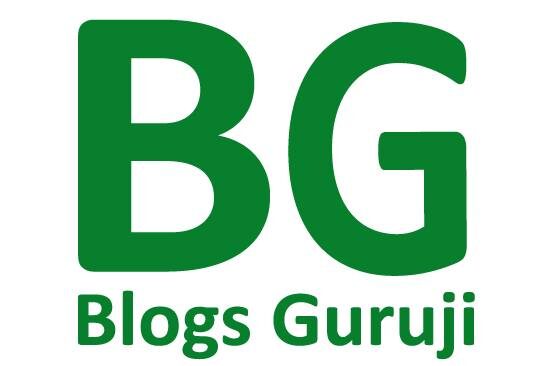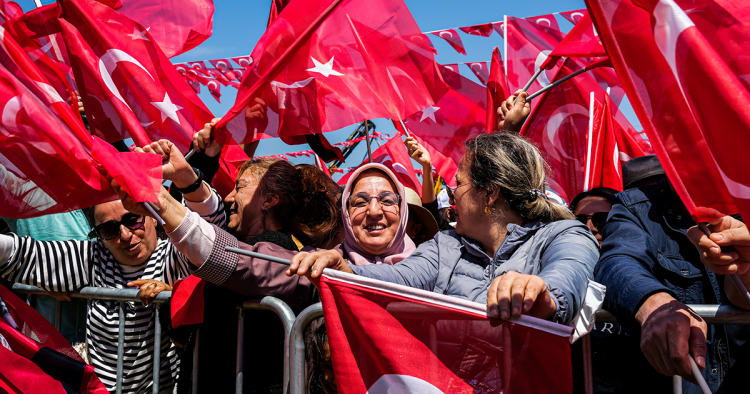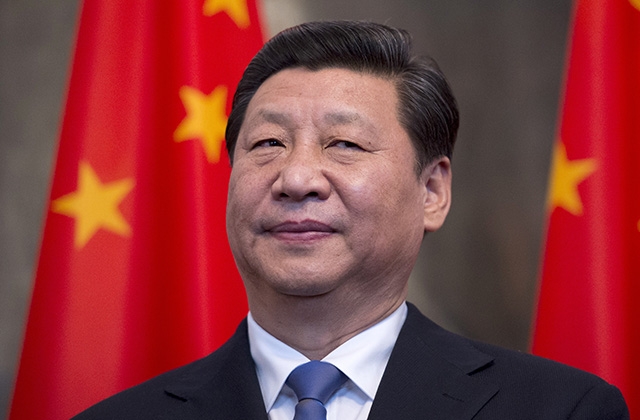Table of Contents
Introduction to The Turkish Election
The Turkish election has reached its final stages, with President Recep Tayyip Erdogan and his main challenger, Kemal Kilicdaroglu, engaging in an intense battle to secure votes. As the election day approaches, both candidates are leaving no stone unturned in their efforts to sway the electorate. This article provides an overview of the election campaigns, key players, major issues, and the implications of this crucial electoral contest for Turkey’s future.
Background of the Turkish Election
Turkey, a transcontinental country straddling Europe and Asia, has a long-standing tradition of democratic elections. The upcoming election is of significant importance as it will determine the country’s political direction for the next term. President Erdogan, who has been in power since 2003, seeks to extend his rule, while Kilicdaroglu aims to challenge Erdogan’s dominance and bring about change.
Key Players in the Turkish Election
The Turkish election features two main candidates: Recep Tayyip Erdogan, the incumbent President, and Kemal Kilicdaroglu, the leader of the main opposition party, the Republican People’s Party (CHP). Erdogan, from the Justice and Development Party (AKP), has a strong base of support, particularly among conservative and religious voters. Kilicdaroglu, on the other hand, aims to consolidate the opposition vote and present an alternative vision for the country.
Election Campaigns and Strategies
Both Erdogan and Kilicdaroglu have been vigorously campaigning across the country, holding rallies, engaging in televised debates, and utilizing social media platforms to connect with voters. Erdogan’s campaign has focused on stability, economic growth, and national security, highlighting his accomplishments during his tenure. Kilicdaroglu, meanwhile, has emphasized social justice, fighting corruption, and enhancing democratic institutions as the core pillars of his campaign.
Major Issues in the Election
Several key issues have dominated the Turkish election discourse. The economy remains a critical concern, with rising inflation, unemployment, and a devaluing currency. Other significant issues include human rights, freedom of expression, judicial independence, and the ongoing Kurdish conflict. Voters are also closely watching foreign policy, including Turkey’s relationship with the European Union and its stance on regional conflicts.
Erdogan’s Vision and Promises
President Erdogan has put forth a vision centered on preserving Turkey’s stability and enhancing its global standing. He promises to continue economic reforms, improve infrastructure, and strengthen national security. Erdogan also pledges to tackle terrorism, increase healthcare accessibility, and advance Turkey’s influence in international affairs.
Kilicdaroglu’s Vision and Promises
Kemal Kilicdaroglu presents an alternative vision, emphasizing the need for democratic reforms, transparency, and a fairer society. He advocates for bolstering the rule of law, promoting human rights, and combating corruption. Kilicdaroglu promises to implement policies that prioritize education, healthcare, and social welfare, aiming to reduce inequality and foster inclusive growth.
Public Sentiment and Opinion Polls
Public sentiment and opinion polls provide valuable insights into the dynamics of the Turkish election. While Erdogan enjoys a loyal support base, recent polls indicate a narrowing gap between the two candidates. The outcome remains uncertain, with voter turnout and undecided voters potentially playing a decisive role in determining the election’s outcome.
Challenges and Controversies
The Turkish election is not without its challenges and controversies. Concerns have been raised regarding media freedom and the limited space for opposition voices. Some opposition candidates have faced legal obstacles, raising questions about the fairness of the electoral process. Additionally, the polarization within Turkish society adds complexity to the political landscape.
Election Day and Voting Process
On election day, eligible Turkish citizens will cast their votes at designated polling stations across the country. The voting process is overseen by the Supreme Election Council, ensuring transparency and integrity. Strict measures are in place to maintain the secrecy of the ballot and prevent any irregularities.
International Observers and Reactions
The Turkish election draws attention from international observers who monitor the electoral process to ensure fairness and democratic standards. Observers from various organizations, including the Organization for Security and Cooperation in Europe (OSCE), play a crucial role in assessing the conduct of the election. The reactions of the international community to the election’s outcome will have implications for Turkey’s global relations.
Post-Election Scenarios
Once the results are announced, various scenarios may unfold. If Erdogan secures a victory, he will continue to implement his agenda, potentially consolidating his power further. However, if Kilicdaroglu emerges as the winner, Turkey may witness significant political shifts, bringing new policies and reforms to the forefront. The post-election period will also reveal the reaction of the losing party and its supporters.
Conclusion
The Turkish election represents a pivotal moment in the country’s political landscape. The clash between Erdogan and Kilicdaroglu highlights the contrasting visions and priorities for Turkey’s future. The outcome will shape the nation’s path, influencing its economy, governance, and international relations. The engagement of voters, the integrity of the process, and the subsequent actions of the elected leader will be critical factors in determining Turkey’s trajectory.
FAQs
- What are the key issues in the Turkish election?
- Who are the main candidates in the election?
- What is Erdogan’s vision for Turkey?
- What are Kilicdaroglu’s promises to the electorate?
- How do opinion polls influence the election outcome?




